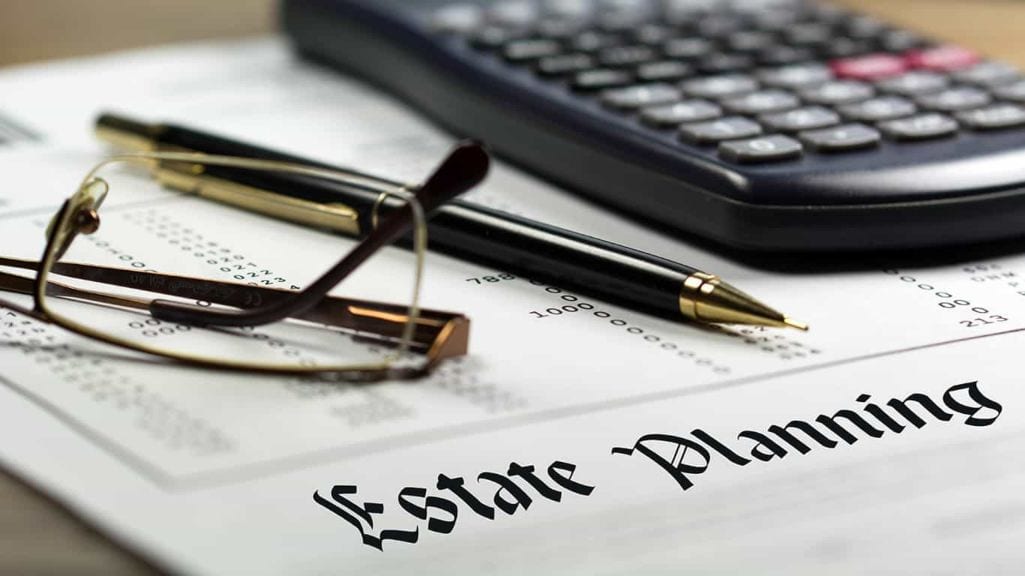Payment of Testamentary Expenses & Estate Debts
Home / Family Law / Wills & Estate Planning / Payment of Testamentary Expenses and Estate Debts
Paying Liabilities Of The Estate
Generally, when a person passes, their assets and liabilities form part of their estate. The executor, who is appointed by the deceased will manage the estate by applying for Probate with the Court.
Under section 44 of the Probate and Administration Act 1898 (NSW) (‘the Act’), upon the grant of Probate, all assets of the deceased are seized or possessed and vests in the executor.
Before the executor distributes any assets to the beneficiaries named under the will, the executor must fulfil and discharge any liabilities and fees of the estates from the funds of the estate. Under section 46 of the Act, the executor has the power under the administration to:
- Sell property to satisfy any debts the estate may have; and
- Pay expenses such as funeral, testamentary and administrative expenses (e.g. costs of obtaining probate, any costs of proceedings, etc).
Are There Rules As To The Order Of Payment Of Debts?
There is a priority of payments of debts depending on whether the estate is insolvent or solvent.
Under the section 46C and third schedule of the Act, if the estate is insolvent, the priority of debts are as follows, subject to the provisions of the Bankruptcy Act 1966:
- Funeral, testamentary, and administration expenses;
- Secured creditors;
- Unsecured creditors; and
- Valuation of annuities and future and contingent liabilities.
If the estate is solvent, after the payment of debts, the order of application of assets are as follows:
- Assets undisposed of by the will (e.g. void gifts);
- Assets not specifically disposed of by will but included in a residuary gift,
- Assets specifically appropriated or disposed of by will for the payment of debts;
- Assets charged with or disposed of by will subject to a charge for the payment of debts;
- The fund, if any, retained to meet pecuniary legacies;
- Assets specifically disposed of by will, according to value.
Can All Assets Be Used To Discharge A Debt?
Some assets may not be used to discharge a debt, depending on the wishes of the deceased stated in their will such as the deceased’s superannuation death benefits and life insurance benefits. However, such assets may be used to pay:
- For funeral expenses;
- Testamentary expenses;
- Administration expenses of the estate; and
- Legacies
Other assets that cannot be used to discharge a debt include:
- Assets of a unit or discretionary trust in which deceased was a trustee as it is the trust’s assets not the deceased’s personal assets; and
- Assets owned as joint tenants e.g. property as deceased’s share will automatically pass on to the surviving owner and therefore not form part of the estate.
In Summary
If the estate has sufficient funds to pay all debts of the estate:
- The debts will paid first; and then
- The remainder of the estate will be distributed to the beneficiaries in accordance with the wishes of the deceased in their will.
If there are insufficient funds to pay off the debts of the estate:
- The debts will not be repaid;
- Creditors will be notified;
- Creditors may bankrupt the estate.
The executor and family members of the estate cannot be held responsible for the debts of the estate.
Ready To Get Started, Or Have Further Enquiries ?
Our estate planning services are fixed in pricing as we believe in giving our clients certainty and value transparency.
Or use the Settify link below to get in touch with one of our experienced estate planning professionals.

